Hundreds go on mass hunger strike at Bahrain's notorious Jau prison
Hundreds of Bahraini political prisoners are taking part in a hunger strike to protest ill-treatment and hard conditions at Bahrain’s notorious Jau prison.
Two prison blocks at Jau started their hunger strike on Monday, while three others started on Tuesday, Sayed Ahmed Alwadaei, an exiled activist in Britain with the Bahrain Institute for Rights and Democracy said on Wednesday.
Alwadaei described those in the blocks taking part in the hunger strike as “political prisoners”.
In a statement published by Bahrain’s main opposition group, the al-Wefaq National Islamic Society, the prisoners said they started the hunger strike over prison officials blocking inmates from worshipping and 23-hour lockdowns daily.
The statement further said prison officials put inmates in isolation arbitrarily, interfered with family visits and provided inadequate healthcare to those imprisoned. Inmates are also barred from accessing education.
“Our demands are not trifles, but very necessary and required for human life, even at the lowest levels known to human history,” the prisoners’ statement read.
The hunger strike embodies the prisoners’ insistence on fundamental rights and dignity, and is a reminder that rights cannot be neglected, the statement said.
The prisoners put the number of those taking part in the strike in the hundreds.
Bahrain’s General Directorate of so-called Reform and Rehabilitation confirmed some inmates at Jau had “returned their meals” on Tuesday.
Videos posted on social media showed a solidarity protest in Sanabis, a village located on the outskirts of the capital, Manama. Demonstrators held up posters with slogans such as “Save Bahrain’s prisoners” and “Our sons are in danger”.
Human rights organizations have warned against ‘inhumane conditions’ at Jau prison, saying various forms of physical and mental torture as well as mistreatment are among the torments that prisoners endure in the detention center.
The US Department of State’s recent human rights report on Bahrain noted prisoners’ families reported a tuberculosis outbreak at the prison in June 2022.
Bahrain, home to the US Navy’s Middle East-based 5th Fleet, is in the midst of a decade-long crackdown on all dissent after the 2011 popular uprising.
Since Bahrain put down the pro-democracy protests with the help of Saudi Arabia and the United Arab Emirates, it has imprisoned activists, deported others, stripped hundreds of their citizenship and closed its leading independent newspaper.
In 2020, the Manama regime also officially normalized relations with Israel.
The al-Wefaq, in a statement back then, said the establishment of diplomatic ties between the Manama and Tel Aviv regimes was resoundingly rejected by all strata of Bahrain’s society.
The opposition party underlined that the normalization agreement with Israel is in blatant contradiction to Bahrain’s history and Islamic identity.
US fighter aircraft shot down ‘in friendly fire’ amid aggression on Yemen
Yemeni FM: Israel’s sponsors accountable for ongoing aggression on Sana’a
Eight Palestinians killed as Israel attacks Gaza school, hospitals
VIDEO | Rome, Milan host new protests in solidarity with Palestinians
Dec. 21: ‘Axis of Resistance’ operations against Israeli occupation
Spain jurists demand ties with Israel ties be cut
VIDEO | Press TV's news headlines
VIDEO | Iran honors top Science Olympiad medalists


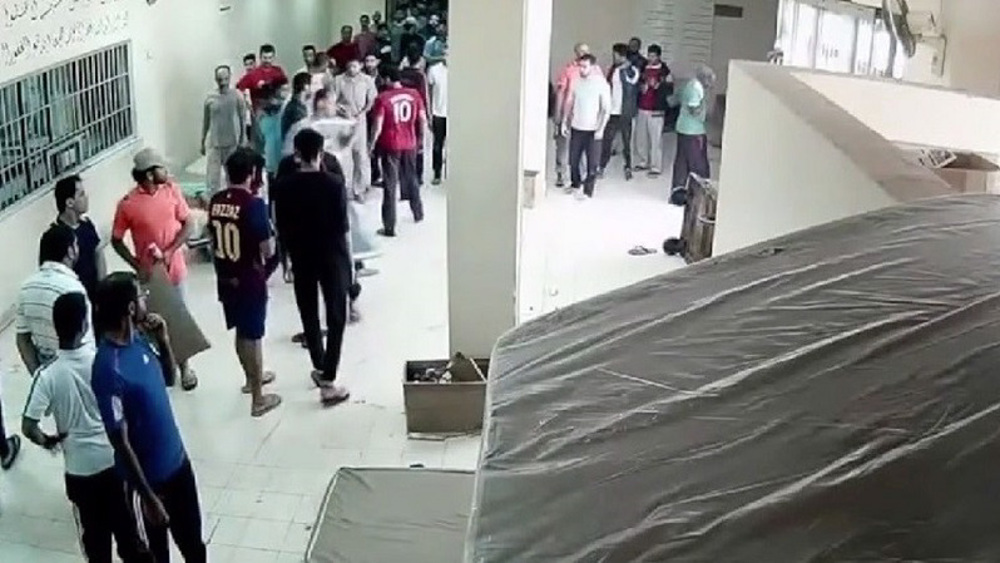
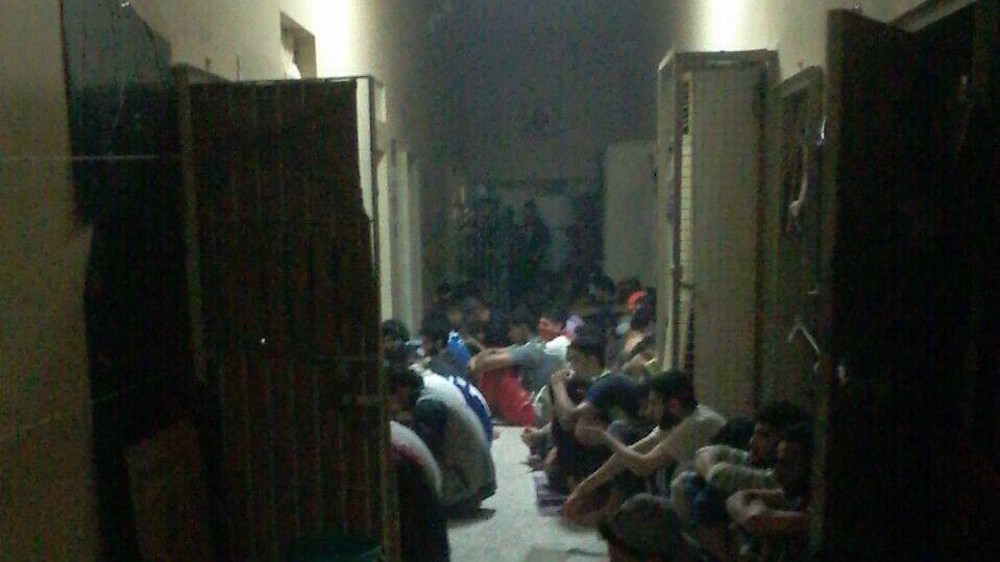
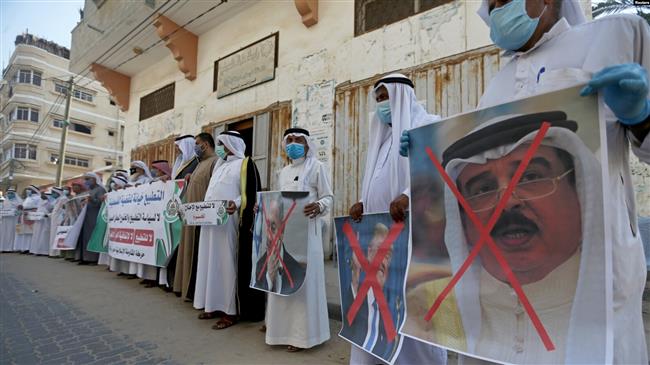
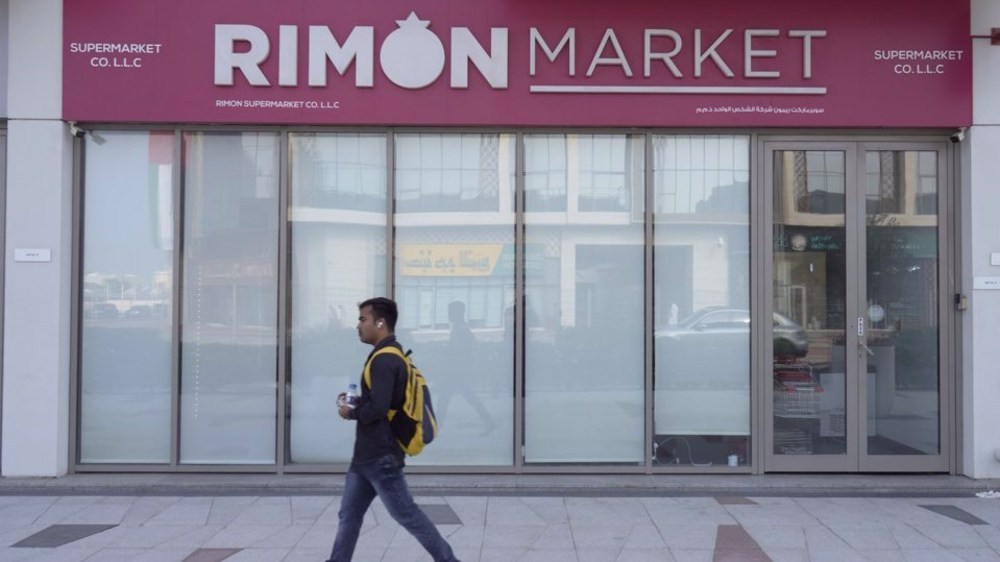





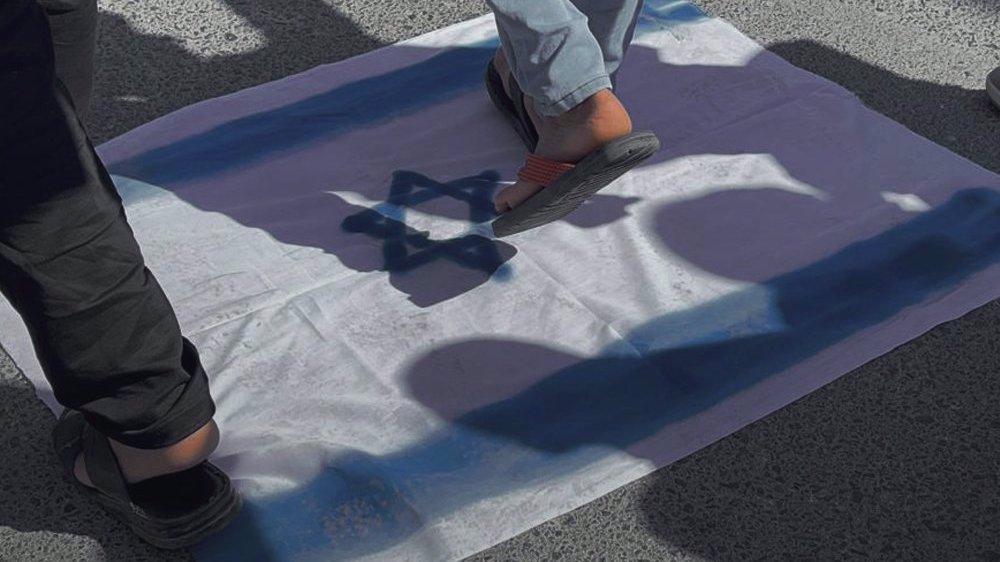
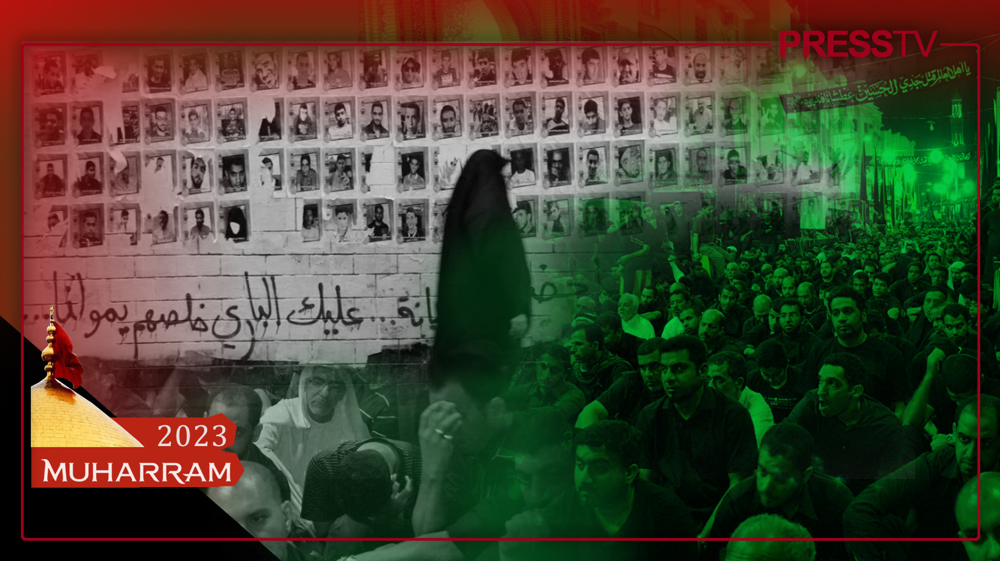

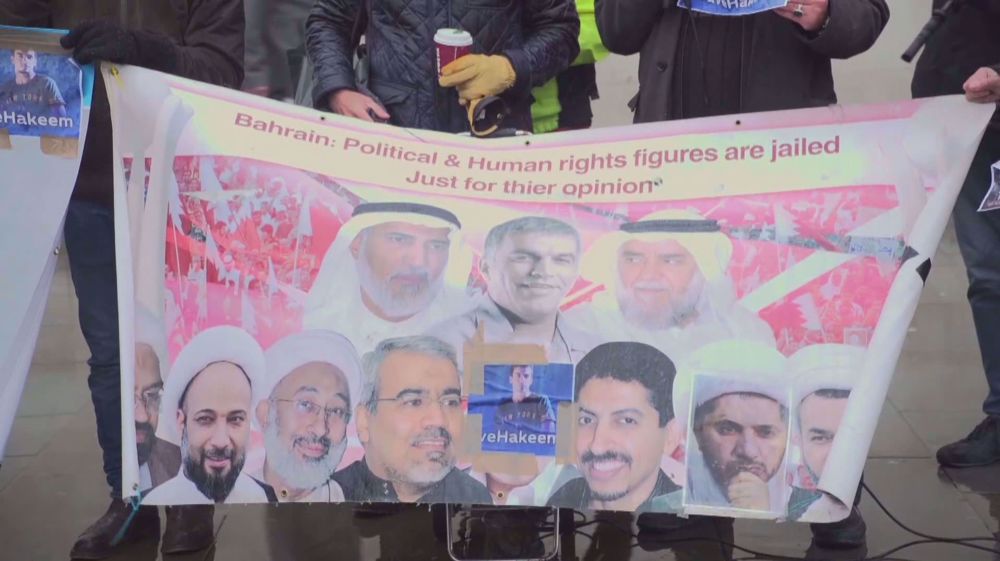

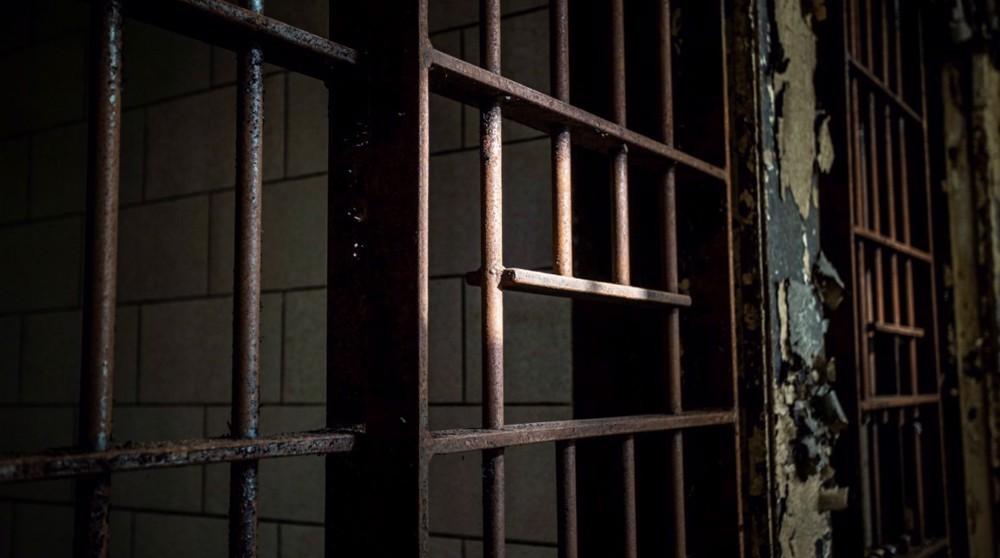
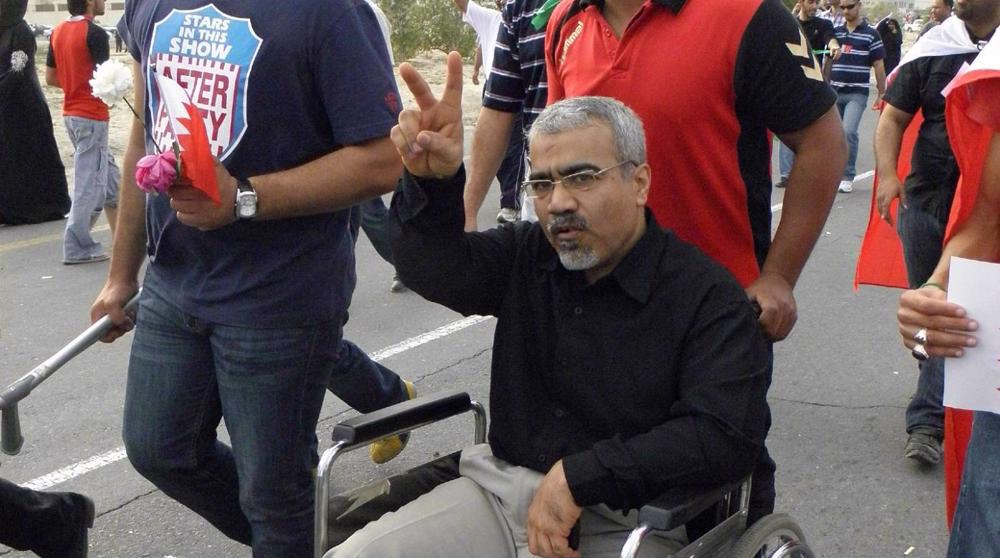
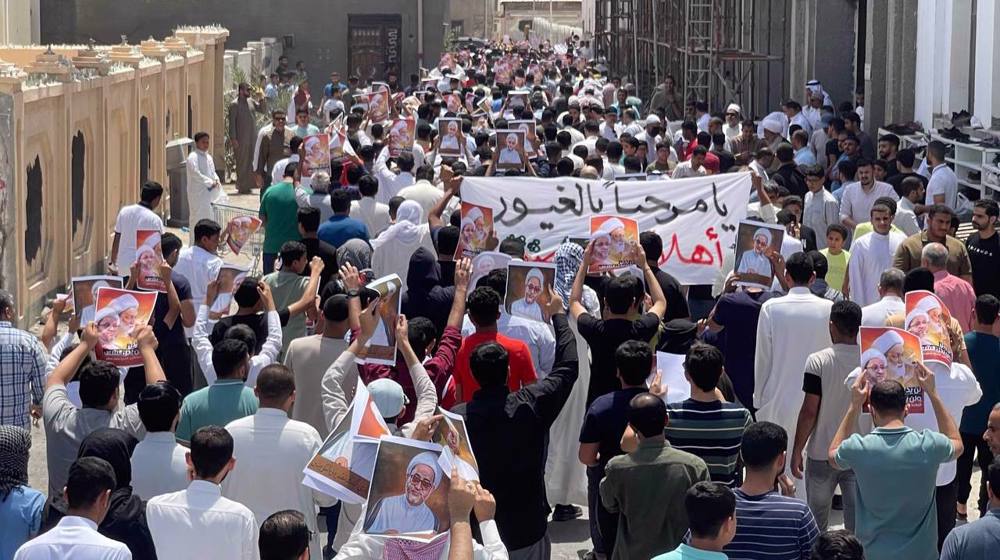
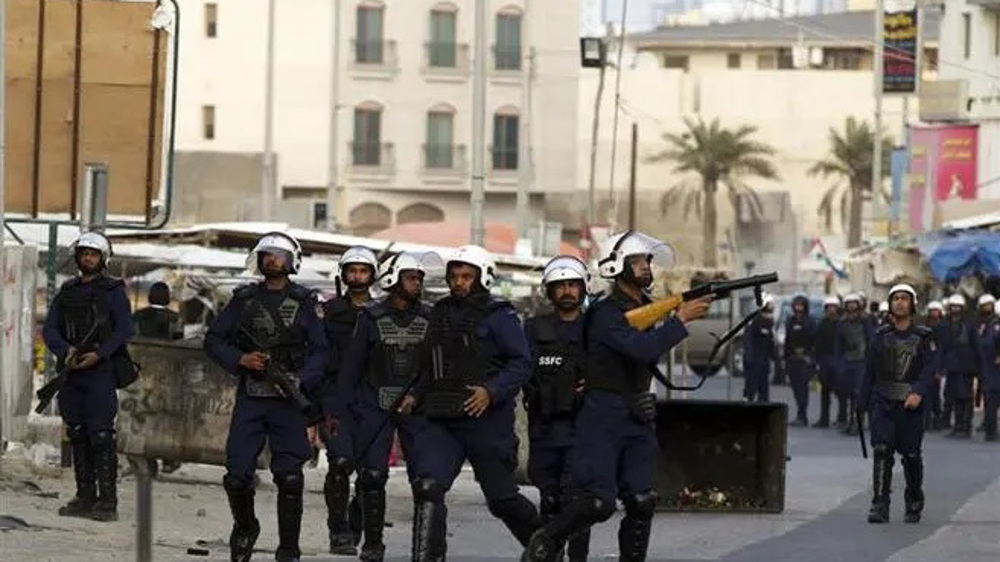

 This makes it easy to access the Press TV website
This makes it easy to access the Press TV website